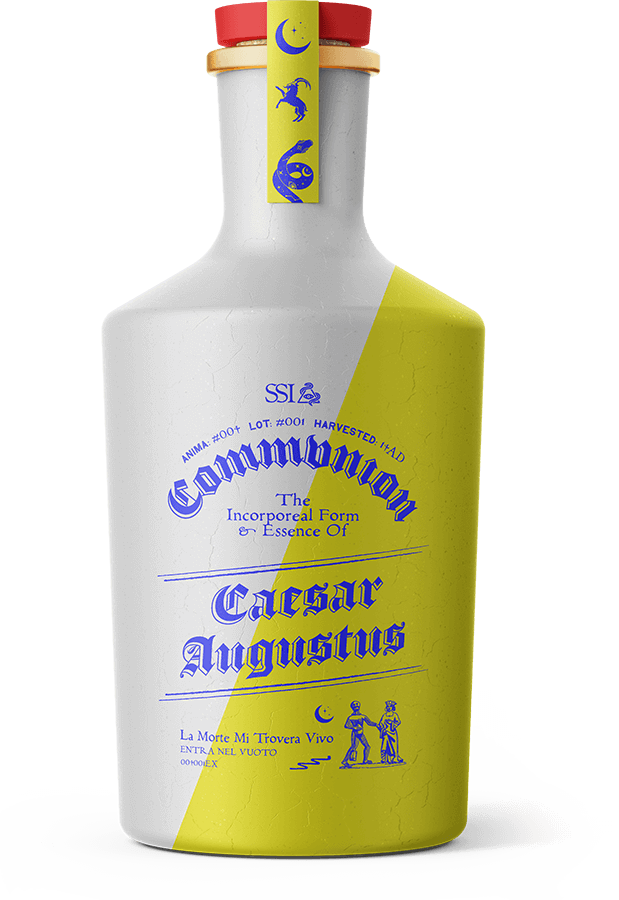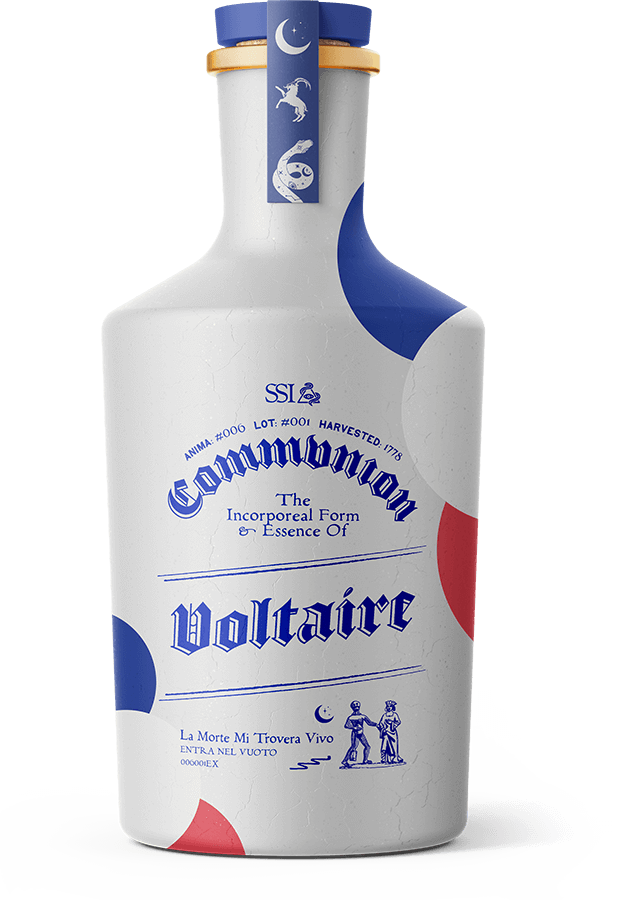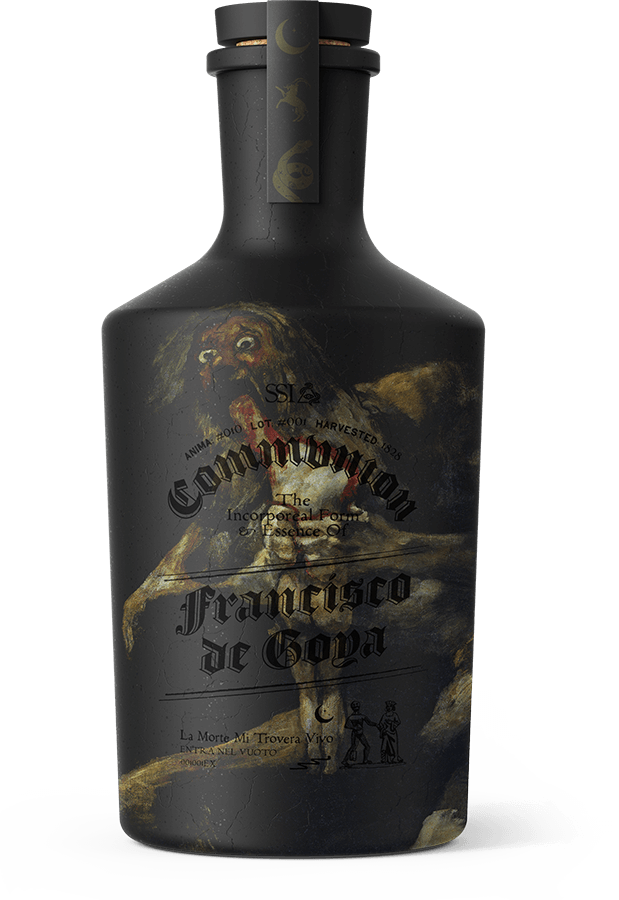EXISTENTIAL
COLLECTION
We are happy to present here our Initial Anima Offering, The Existential Collection: 10 carefully selected historical figures who fundamentally challenged or changed the human existential condition for better or worse.
Plato
424 BC – 347 BC
Plato, student of Socrates. Philosopher. Plato imagined that one’s soul had only three functions: that of reason, emotion, and desire. Unfortunately for Plato, his soul is now having to reason with the reality of being a purchasable item on the internet.
“We can easily forgive a child who is afraid of the dark; the real tragedy of life is when men are afraid of the light.”
Saint Paul
5 AD – 67 AD
Saint Paul, Apostle. Perhaps the Father of Christianity. St Paul brought upon us the existential idea of Salvation through faith. St Paul is generally considered to have authored 14 of the 27 books in the New Testament.
“For the moment all discipline seems painful rather than pleasant; later it yields the peaceful fruit of righteousness to those who have been trained by it.”
Caesar Augustus
63 BC – 14 AD
Gaius Octavius, or Caesar Augustus, Emperor. Caesar’s reign over the Roman empire built and shaped the foundation of Western Civilization as we know it today, a dire consequence for the world’s existential well being.
“Young men, listen to an old man to whom old men listened when he was young.”
Leonardo da Vinci
1452 – 1519
Leonardo da Vinci, Artist. Through his words, paintings, sculptures and teachings, Leonardo fundamentally expanded the human consciousness. This expanded consciousness became the foundation for the emergence of Generalized Anxiety Disorder.
“Simplicity is the ultimate sophistication.”
Voltaire
1694 – 1778
Voltaire, or François-Marie Arouet, Writer. Prominent critic of the Roman Catholic Church. Volatire vehemently promoted the foundational ideas known as freedom of speech, freedom of religion, and separation of church and state.
“What is faith? Is it to believe that which is evident? No. It is perfectly evident to my mind that there exists a necessary, eternal, supreme, and intelligent being. This is no matter of faith, but of reason.”
Leo Tolstoy
1828 – 1910
Count Lev Nikolayevich Tolstoy, Writer. Perhaps the greatest author of all time, Leo Tolstoy’s work blurred the distinction between reality and fiction, often mixing the two interchangeably. His novel Anna Karenina is a sprawling work of existential awareness. Politically, Tolstoy’s promotion of pacifism and non-violence had lasting influence on his contemporaries.
“Freethinkers are those who are willing to use their minds without prejudice and without fearing to understand things that clash with their own customs, privileges, or beliefs. This state of mind is not common, but it is essential for right thinking.”
Sisyphus
X BC – X BC
Sisyphus, Absurd Hero. Founder and king of Ephyra, who’s punishment for twice cheating death involved repeatedly rolling an immense boulder up a hill for all of eternity. Sisyphus is arguably the first person to have demonstrably overcome an existential crisis, doing so by embracing the futility of life and becoming The Absurd Hero.
“Man stands face to face with the irrational. He feels within him his longing for happiness and for reason. The absurd is born of this confrontation between the human need and the unreasonable silence of the world.” – Albert Camus, The Myth of Sisyphus
Søren Kierkegaard
1813 – 1855
Søren Aabye Kierkegaard, Philosopher. Best known as the Father of Existentialism, Kierkegaard brought to light our collective angst, despair and uneasiness — the very essence of the human condition: that we exist.
“The most painful state of being is remembering the future, particularly the one you’ll never have.”
Francisco de Goya
1746 – 1828
Francisco de Goya, Painter. Last of the Old Masters, de Goya hauntingly explored his own existential disillusionment in 14 works known as the “Black Paintings”. Their existence continues to beautifully torment society to this day.
“Fantasy, abandoned by reason, produces impossible monsters; united with it, she is the mother of the arts and the origin of marvels.”









